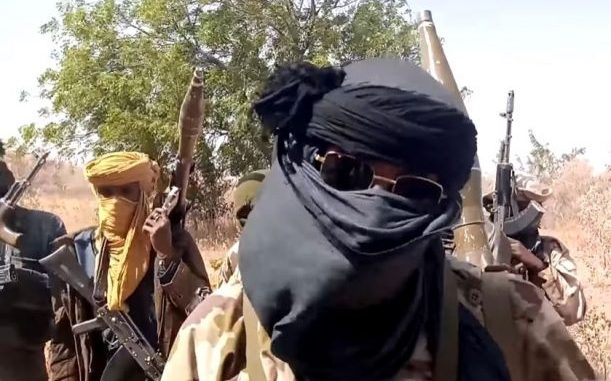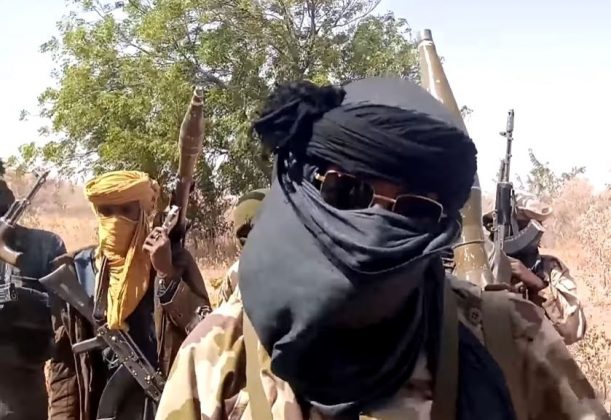
A former military administrator of one of the northern states has said poor leadership at all levels is responsible for the increasing insecurity across the country, especially in the northern region.
He said with the right leadership, a well-equipped Nigerian Army could exterminate terrorists in the next six months.

“By now, I believe that Nigerians have realised that they made a huge error electing Buhari and have now realised that he does not have the capacity to govern this country,” he said.
He described as unfortunate that the Presidency was always ready to issue condemnation but wondered if condemning the act had stopped the killings.
The former administrator also said the problem of insecurity persists because President Buhari has a narrow circle of advisers whom he described as “opportunists,” adding that the president does not listen to advice from others.
In the same vein, a former Chief of Army Staff also condemned the management of the insecurity by this administration.
He, however, said that bombing forest areas to dislodge terrorists is not a long-time solution to ending insecurity in Nigeria and called on the federal government to find the source of the problem.
“If you want to kill a tree, you have to remove it from the root because if you cut off the branches without removing it from the root, you have not killed the tree. Honestly, going to forests and bombing is a good thing but as far as I’m concerned, you have to ask, what made them leave their homes, go to the forests to harass people? We must find out why and if you remove the why, the problem will be solved,” he said.
On his part, Group Captain Rufai Garba (Rtd), a former Military Administrator of Anambra and Sokoto states, opined that the rising insecurity in the North is “quite disturbing”, adding that there should have been at least a discussion between security agencies and community leaders to know the major causes of the rising insecurity in the region.
He said he believed the government was not doing well enough to incorporate community leaders in its approach to resolving the insecurity in the region.
“We need to work hard on intelligence gathering and filtering. Everybody will tell you that they are confused. Why? If the bandits have grievances against the system, let them look for the people at the helm of affairs and leave the poor people out of it, not to go and be killing people in the villages, destroying their farms and their livelihoods, raping their kids and wives and killing their children? Why,” he asked.
He, however, said the use of mercenaries to salvage the situation was not a good call, saying it would be counter-productive and lead to high collateral damages but there should be an effective deployment of technology in the onslaught.
A retired Group Capt. of the Nigerian Air Force, John Ojikutu said intelligence gathering was key in addressing insecurity in the country.
According to him, where intelligence gathering is lacking, efforts to address insecurity would be fruitless.
Retired Okhidievie also said the president does not get “raw intelligence” about the security situation in the country, adding, “What he gets is edited information”.
He also said the security had been politicised and there was a need to remove politics from the insecurity in order to find a lasting solution.
“Nigeria is not positioned to curb insecurity. We are positioned to attack insecurity. We are not positioned or structuring to enhance our security,” he said.
Another retired Assistant Inspector-General of Police, Ambrose Aisabor said the security architecture in the country has collapsed.
He said it was time the federal government accepted the reality and then carry out a total overhaul of the security architecture with particular emphasis on reinvigorating the intelligence community which he noted had gone to sleep.
“You are telling us that the military is operating in 34 states yet there is no improvement, the problem is still going on?” he asked.
